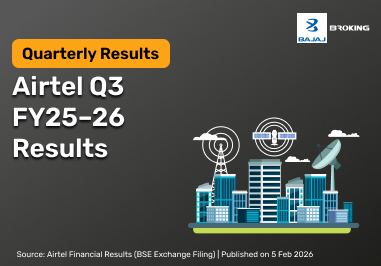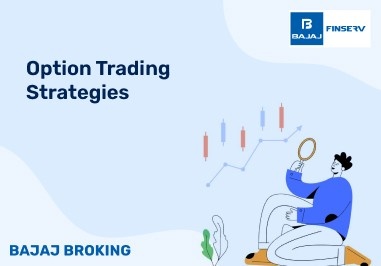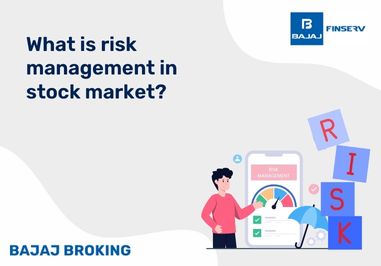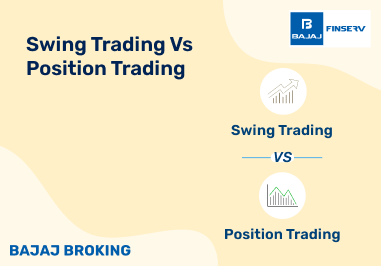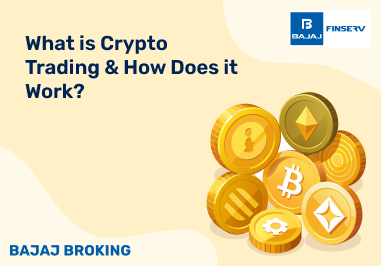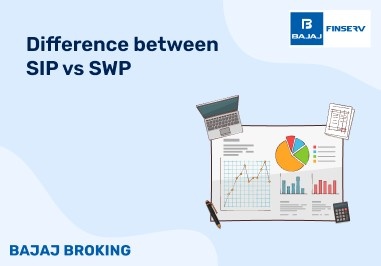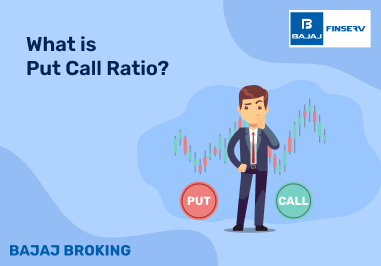If you have ever explored trading in global currencies, you may have asked yourself, 'Is forex trading legal in India?' The answer is not a simple yes or no. In India, foreign exchange trading is legal but tightly regulated by the Reserve Bank of India (RBI) and the Securities and Exchange Board of India (SEBI). You are allowed to trade in specific currency pairs, and only through authorised platforms approved by Indian exchanges. Trading in unregulated foreign markets or using unauthorised brokers is considered a violation of Indian law. Many retail traders unknowingly fall into this trap by using overseas platforms that offer attractive leverage and round-the-clock access. However, this is where legality ends, and risk begins. If you want to participate in forex trading within Indian legal boundaries, it is important to understand the currency pairs, approved trading platforms, and regulatory conditions under which such activity is permitted.
Permitted Currency Pairs in India
If you are considering forex trading within Indian regulatory limits, it is crucial to know which currency pairs are allowed. The Reserve Bank of India and SEBI restrict forex trading to pairs where the Indian rupee is one of the two currencies.
Currency Pair
| Description
|
USD/INR
| US Dollar against Indian Rupee
|
EUR/INR
| Euro against Indian Rupee
|
GBP/INR
| British Pound against Indian Rupee
|
JPY/INR
| Japanese Yen against Indian Rupee
|
EUR/USD (via exchanges)
| Euro against US Dollar (exchange only)
|
GBP/USD (via exchanges)
| British Pound against US Dollar
|
USD/JPY (via exchanges)
| US Dollar against Japanese Yen
|
These pairs are traded on regulated Indian exchanges like NSE, BSE, and MSE under strict RBI guidelines.
Authorised Platforms for Forex Trading
Before you start, it is important to understand where you can legally trade forex in India. Many platforms may claim to offer better rates or leverage, but only a few are authorised by Indian regulators. These platforms are recognised under Indian law.
National Stock Exchange (NSE)
NSE allows you to trade permitted currency pairs using Indian brokers. You must have a trading and demat account with a registered NSE participant to access these services.
Bombay Stock Exchange (BSE)
BSE is another SEBI-regulated platform for currency derivatives. It offers live forex trading for permitted INR pairs and select cross-currency contracts.
Metropolitan Stock Exchange (MSE)
MSE is approved for forex trading and allows INR-based pair transactions. Although it has a lower volume compared to NSE and BSE, it still operates under the same legal framework.
SEBI-Registered Brokerage Firms
You can trade on the above exchanges via any SEBI-registered broker. These brokers offer user interfaces, margin options, and proper compliance monitoring.
RBI and FEMA Compliance
Ensure that your trades follow RBI guidelines and FEMA (Foreign Exchange Management Act) regulations to avoid falling into the trap of unauthorised forex trading.
Risks of Using Unauthorised Brokers
You may come across online platforms offering forex trading in exotic currency pairs with high leverage and 24x7 availability. While these features may seem appealing, they often come from brokers operating outside Indian jurisdiction. Trading with such platforms carries multiple risks—legal and financial.
Firstly, using an unauthorised broker to trade forex from India is illegal under FEMA. If you trade with offshore brokers, you risk violating Indian exchange control laws. These brokers are not regulated by SEBI, which means there is no protection if the platform shuts down or manipulates data. Your funds may be transferred to international accounts, where Indian authorities have no oversight. Secondly, legal action, penalties, or frozen bank accounts could follow, as RBI monitors unauthorised forex transactions. Lastly, these brokers often work in grey markets where dispute resolution is poor or non-existent. If you value your financial security, it is always advisable to stay within the permitted Indian regulatory framework.
How to Trade Forex Legally in India
If you are looking to participate in currency markets, you need to know how to trade forex legally in India. The process is quite straightforward when you stick to approved brokers, exchanges, and currency pairs. This section will guide you through the right steps.
Open a trading and demat account with a SEBI-registered broker
Choose a broker that is authorised to operate on NSE, BSE, or MSE. This ensures all your transactions are monitored and reported as per SEBI and RBI norms.
Select only permitted currency pairs
Stick to INR-based pairs or those explicitly allowed via exchanges. Trading USD/INR or EUR/USD on these platforms is legal under Indian forex laws.
Link your savings bank account for fund transfers
Ensure that you use a valid Indian bank account to transfer and withdraw funds. This avoids complications under FEMA regulations.
Place currency derivative trades through exchange platforms
Log into your broker’s platform and place orders only in exchange-traded currency derivatives. These include futures and options in approved pairs.
Monitor your positions and maintain compliance
Keep track of your trades and ensure margin requirements are met. Avoid any leverage offers or schemes from offshore brokers.
Additional Read: Online Forex Trading Guide For Beginners
Conclusion
If you want to enter forex trading while staying within Indian laws, the path is well-defined. Understand which currency pairs are permitted, use only SEBI-authorised platforms, and steer clear of unregulated brokers. Ask yourself regularly—Is forex trading legal in India the way I am doing it? When done properly, forex trading within India's regulatory framework is both compliant and structured. You just need to stay informed and cautious throughout the process.


